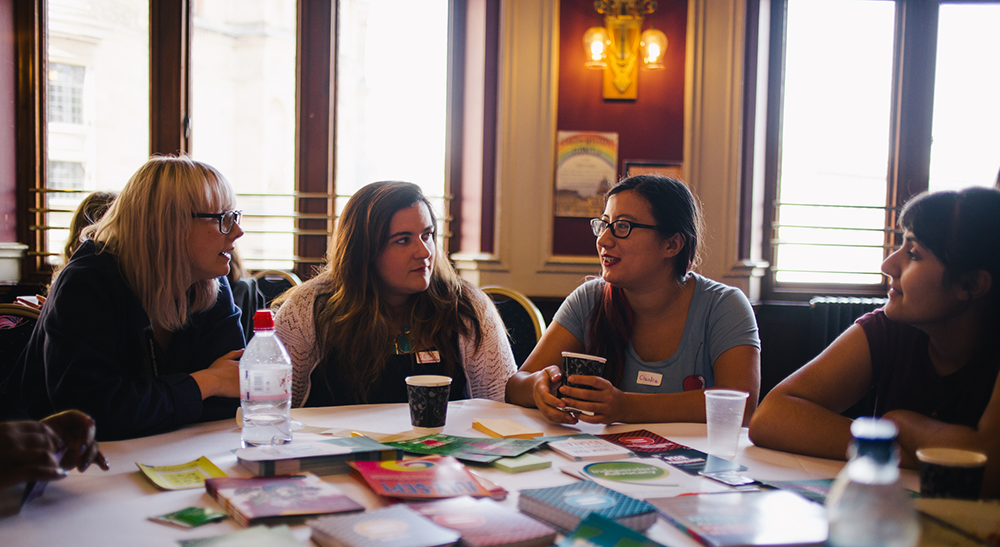
We are well versed in what widening participation (WP) means. The term stems from the notion that that access to university should not be determined by wealth. It’s a term we often hear, and something the University of Edinburgh excels at in many ways.
In today’s increasingly fee-driven culture, it is of course imperative that we do everything we can to ensure students from lower-income backgrounds have the option to come to university. However, if WP revolves mostly around removing barriers to education, there is so much further we can go. Women, LGBT+, disabled, and black and minority ethnic (BME) students are systematically disadvantaged, and this results in lower educational attainment, higher drop-out rates, and higher rates of mental health issues.
Our entire education system has been constructed by white men of the past, something we are particularly susceptible to as an ancient university. Initiatives such as Athena Swan are significant in encouraging a more healthy gender bias across subjects, but aside from our Accessible and Inclusive Learning Policy, there isn’t much at the moment that addresses what and how we actually learn, or students’ experience of being in the classroom. I’d like to suggest two ways we can address this head-on.
Firstly, changing reading lists, and ultimately course content, to include a diverse range of perspectives. It’s common in humanities and arts courses to go through the entire reading list without encountering anything written by a woman, let alone that of a BME or LGBT+ writer. Sometimes this is difficult, yes, but students should be taught to recognise that it’s problematic to only be exposed a narrow range of thought.
Secondly, tutors’ inductions could include training how to facilitate classes more accessibly. Men are encouraged from a young age to dominate conversation, to be confident and unapologetic about their thoughts and opinions. In a tutorial setting this means that one or two students often have a monopoly of the discussion. However, if everyone is asked to discuss in pairs or small groups and then feed back to the class then everyone’s views are valued equally. This training could also include elements such as advice on discussing topics that some people from these groups may find distressing, and using language that avoids mis-gendering transgender students.
The issues faced by marginalised groups are awkwardly systemic and reflective of society as a whole. But we can make progressive choice to pursue equality in new and innovative ways, equipping our graduates to effectively challenge these issues in wider society. In my experience the university has been receptive to these ideas, but continued commitment over the next few years will be key in making sure that we stay ahead of the curve.
Next steps you can take:
Universities Scotland’s Race Equality Toolkit to help with evaluation and review of the curriculum and of teaching methods to foster inclusivity.
Sensitivity to women in the contemporary classroom by the Derek Bok Center for Teaching and Learning, Harvard University.
Education Beyond the Straight and Narrow, an NUS report into LGBT+ student experiences at university, including recommendations for teaching staff.
University of Edinburgh Student Disability Service’s advice for teaching staff on supporting students with disabilities.



